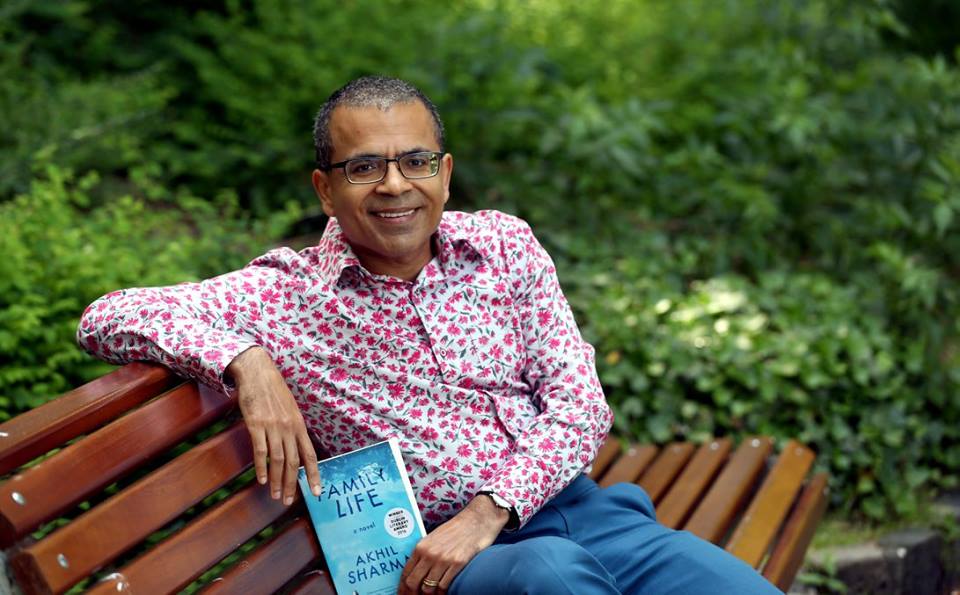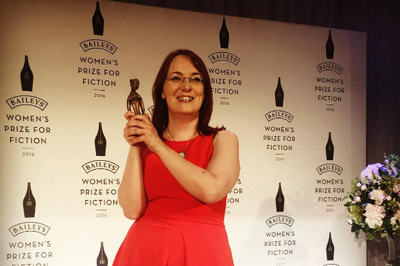Upcoming Contest Deadlines for Fiction Writers
Summer has officially begun! If you are looking to kick off the season by submitting to writing contests, you’re in luck—the deadlines for several contests approach. Below is a roundup of contests with a June 30 deadline that are open to fiction writers. The contests award at least $1,000 and publication of full-length fiction manuscripts, as well as single stories or novel excerpts.
Indianapolis-based independent publisher Engine Books administers an annual fiction prize, which awards $1,000 and publication of a full-length short story collection, novella collection, or novel. Manuscripts of any length are considered; the entry fee is $30. Novelist and short story writer Alix Ohlin will judge.
Hidden River Arts, a literary arts organization based in Philadelphia, sponsors the annual William Van Wert Fiction Award for an unpublished short story or novel excerpt. Writers may submit up to 25 pages of fiction with a $17 entry fee. The winner will be notified by April 1, 2017.
For writers with some publications under their belt, the University of Pittsburgh Press Drue Heinz Literature Prize awards $15,000 and publication of a story collection. The award is open to writers who have previously published a book of fiction, or a minimum of three short stories or novellas in nationally distributed publications. Manuscripts of 150 to 300 pages are accepted exclusively via postal mail. There is no entry fee.
Self-published authors are eligible to submit to the Winning Writers North Street Book Prize. Three awards of $1,500 each are given annually for self-published books in the categories of fiction, genre fiction, and creative nonfiction. In addition to the cash prize, winners will also receive publication of an excerpt on the Winning Writers website; a one-hour marketing consultation with author and publishing consultant Carolyn Howard-Johnson; a $300 credit at BookBay, a self-publishing and book promotion platform; and three free advertisements in the Winning Writers newsletter. Two honorable mentions in each category will receive $250. The entry fee is $50.
For more information about the prizes and complete submission guidelines, visit the contest websites. Visit our Grants & Awards database and submission calendar for a wide selection of contests in all genres with upcoming deadlines.







 The awards in poetry were given in three categories: The
The awards in poetry were given in three categories: The  The new prize was founded in honor of novelist, essayist, journalist, and activist
The new prize was founded in honor of novelist, essayist, journalist, and activist 
